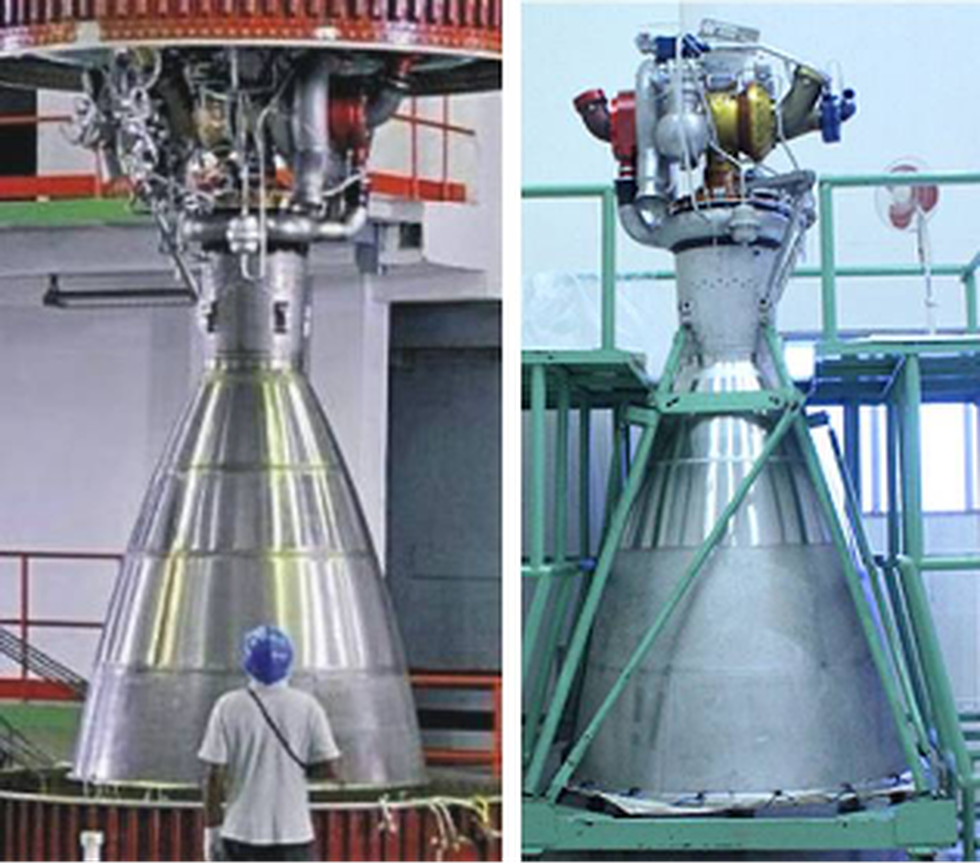About Vikas Engine:
- VIKAS (an acronym for Vikram Ambalal Sarabhai) engine is a family of liquid-fuelled rocket engines conceptualized and designed by the Liquid Propulsion Systems Centre of ISRO in the 1970s.
- The early productions involved imported French components, which were later replaced by domestically produced equivalents.
- These engines are deployed for ISRO’s Polar Satellite Launch Vehicle (PSLV) and the Geosynchronous Satellite Launch Vehicle (GSLV) series of expendable launch vehicles for space launch use.
- The fuel load of the Vikas engine is 40 tonnes for the PSLV, GSLV Mark I and II, and 55 tonnes for the GSLV Mark III.
Liquid Propulsion Systems Centre (LPSC):
- The LPSC is a research and development center functioning under ISRO.
- It is the center for the design, development, and realization of liquid propulsion stages for ISRO's Launch Vehicles.
- LPSC activities and facilities are spread across its two campuses: LPSC, Valiamala, Thiruvananthapuram, and LPSC, Bengaluru, Karnataka.
